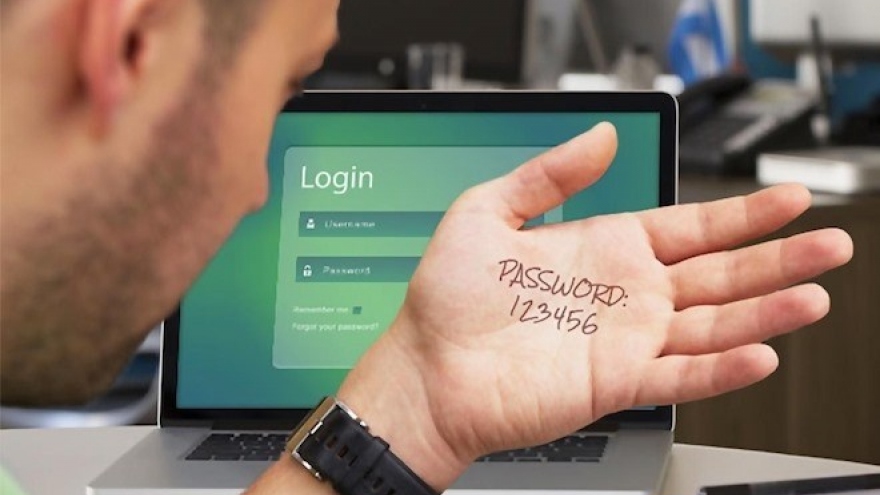Traditional Lunar New Year shopping in Southeast Asia moves online
Criteo, a leader in commerce marketing, has just released seasonal data from 2017 in anticipation of the Lunar New Year to help retailers better engage shoppers during the festive season.
 |
In line with shopping habits during this season, the fashion and food categories saw a 68.5 per cent increase in online sales. In addition, there was a spike in online travel sales right after the first two days of the Lunar New Year in Vietnam.
The findings are based on an analysis of 3.5 million online transactions made on key online commerce platforms, including mobile apps, desktop web, and mobile web in Singapore, Taiwan, and Vietnam before, during, and after the 2017 Lunar New Year.
“In the period just before Lunar New Year, we often see increasing sales in certain categories as people shop for new clothes and stock up on festive treats. They are now also making these purchases online, particularly on mobile apps, which means that commerce providers need to focus their digital budgets on the right platforms and at the right time.”
“Reaching shoppers who use multiple devices and channels requires that the largest possible data sets are employed and that online and offline data are connected. Criteo’s technology allows commerce providers to engage shoppers with relevant experiences both in apps and third-party platforms, thereby directly driving sales and profit,” said Alban Villani, general manager, Southeast Asia, Hong Kong and Taiwan, Criteo.
According to Criteo’s findings, online travel sales across all aggregated platforms increased by 52 per cent after Lunar New Year in Vietnam (based on 659,000 online transactions).
“It is good to see that Lunar New Year traditions such as shopping for clothes and food are still respected, although shoppers are now doing it online. The decline in online sales close to Lunar New Year could signify that people are spending more time with family and friends.”
“It is important for retailers and brands to recognise these trends. With shoppers on an online shopping spree two to three weeks before Lunar New Year, retailers need to start promotions and advertising three to four weeks in advance to capture their attention. For SEA retailers, this means that they already had to be increasing their online marketing spending across all platforms from as early as mid-January this year,” added Villani.



